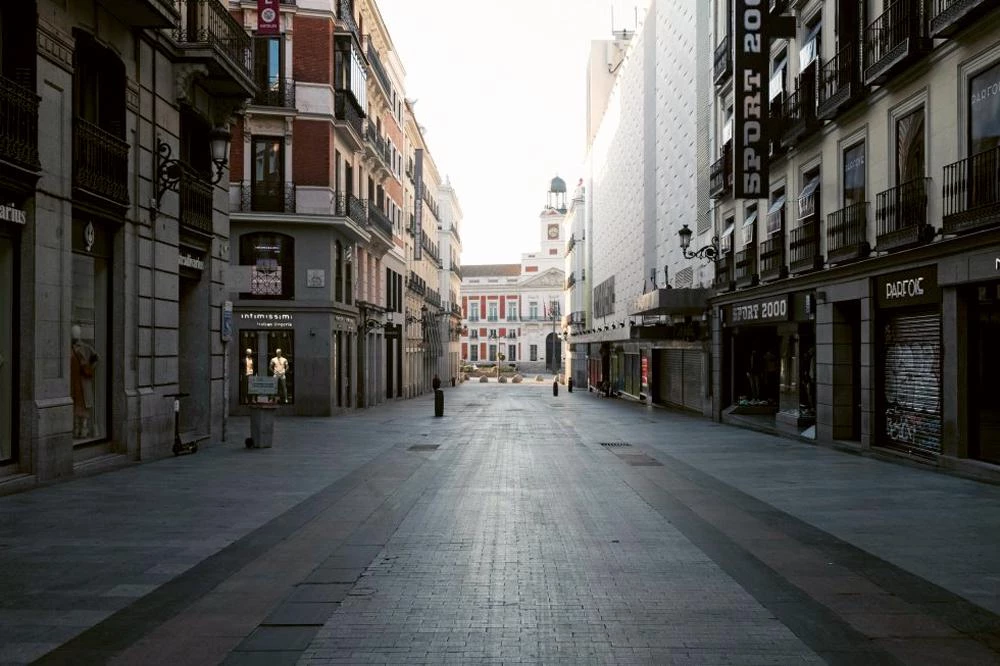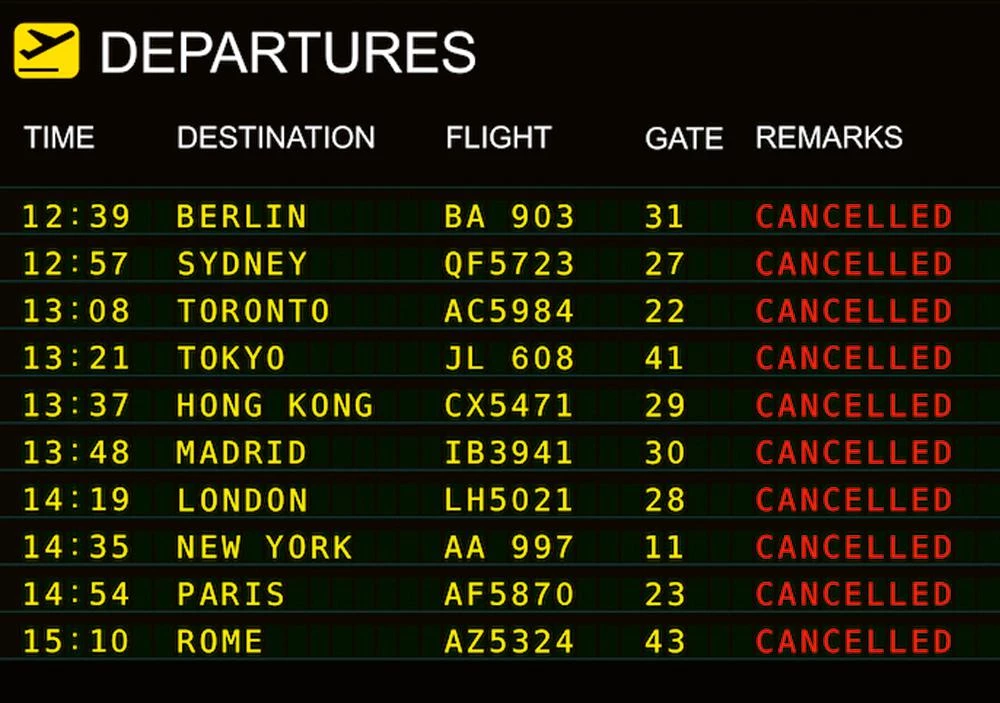
To stop the virus, the globe is raising walls and grinding to a halt. The interruption of travel to contain the spread of the coronavirus and the increased difficulties for the transportation of goods have put globalization in reverse mode, and both the contraction of consumption and the slowdown of production caused by the breaking of supply chains draw a scenario of economic recession that has made us aware of the fragility of growth based on the vulnerable networks of interdependence that weave our planet. We are moving from communicating vessels to watertight compartments, pushed by an epidemiological crisis that both pulls us apart and makes us more conscious of our common fate; paradoxically, the same event that lifts barriers around the globe reaffirms our conviction that we are passengers of Spaceship Earth, because physical distance – as we are experiencing during the isolation of obligatory confinements – provokes emotional proximity.
Antiglobalization activists condemn the social fracture between the metropolitan elites inserted in transnational networks and the populations caught in territories marginalized from these processes, a fracture that has also been expressed politically in the extension of the movements of protest and in the rise of identitarian populist movements, which reject both privileged cosmopolitan citizens and helpless migrants. The growing unease caused by internationalization is on a par with the renewed protagonism of nations in the battle against a virus that threatens elites and ordinary folk alike, and there are some who think that the current closing of frontiers can make the economic structure of the countries shift gradually towards more self-sufficient models, less dependent on imported supplies or labor force, and perhaps more resilient in the case of disruption or ‘black swans’ like the one we are now suffering.
All this is delusional to a great extent, and while social inequality caused by globalization is a political challenge that must be tackled, economic interdependence is probably irreversible. Moreover, the downturn of production, consumption, and transport, just like the collapse of oil demand, have positive effects on climate change and pollution in cities, but this should not make us defend recession as a planetary medicine, or much less judge the coronavirus as the agent chosen by the so-called Gaia (James Lovelock dixit) for self-regulation purposes. Many saw September 11 as an epitaph for skyscraper construction, or the crash of Lehman Brothers as the end of financial globalization, but predictions failed in both cases. So we cannot say that this third great crisis of the 21st century will mean the final inversion of globalization, although the world we find when we leave the present house arrest will be very different from the one of today.






